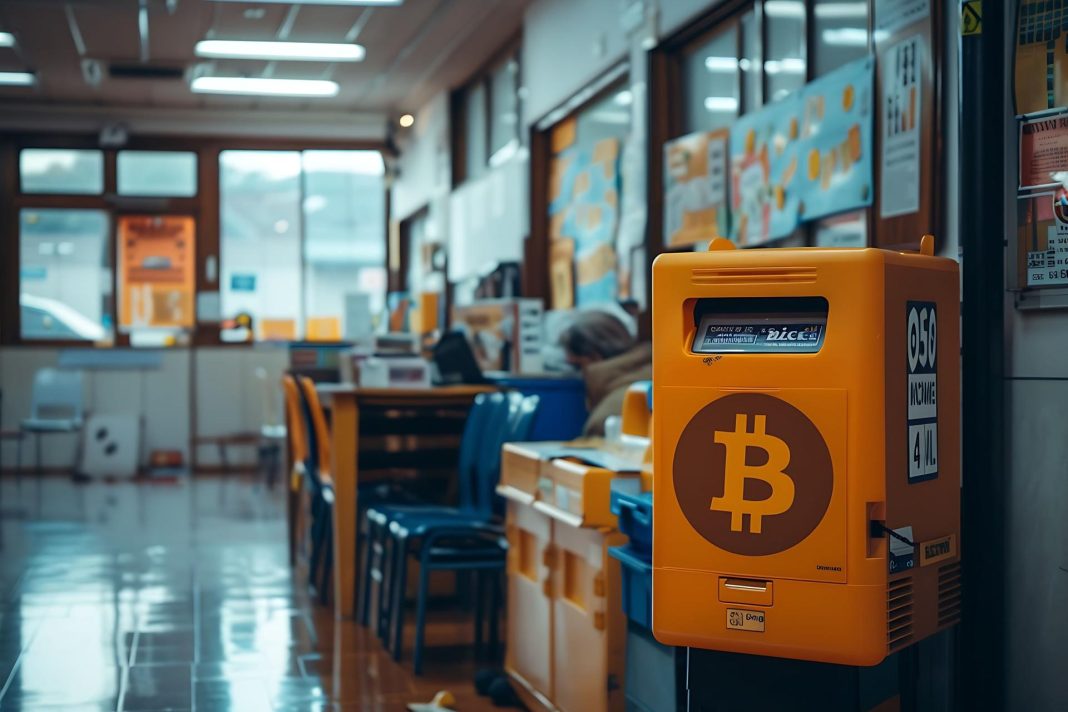North Dakota is stepping up its game against crypto scams, as the state has introduced a new bill that seeks to limit transactions at crypto ATMs, following reports of financial losses due to fraud.
The numbers don’t lie
In 2023, 103 residents of North Dakota reported losing $6.5 million to crypto scams, and to tackle this issue, lawmakers submitted House Bill 1447 to the state legislature on January 15.
Sponsored by Representative Steve Swiontek, this bill wants to implement strict consumer protections against these fraudulent activities.
For starters, the bill would cap daily ATM withdrawals at $1,000, plus, transaction fees would be limited to either $5 or 3% of the total amount, whichever is higher. This means fewer chances for scammers to take advantage of unsuspecting users.
Lisa Kruse, the commissioner of the North Dakota Department of Financial Institutions, highlighted the growing number of complaints related to crypto fraud.
During a committee meeting, she emphasized that those $6.5 million in losses are just the tip of the iceberg.
A national concern
The issue isn’t just local, because according to an FBI report from September last year, Americans lost $5.6 billion to cryptocurrency fraud in 2023 alone.
Of that, around $189 millio* was linked to crypto ATMs, with over 5,500 fraud cases reported.
Experts pointed out that unlike traditional ATMs, which have built-in protections, crypto ATMs currently lack these safeguards, and this gap has allowed criminals to exploit them for theft.
The bill also wants to protect vulnerable groups, especially elderly residents who are often targeted by scammers.
Josh Askvig from the American Association of Retired Persons noted that the legislation would help safeguard seniors from falling victim to these schemes.
The two sides of a coin
As part of the proposed measures, crypto ATMs would display warnings about potential fraud and advise users to contact law enforcement if they suspect they’re being scammed.
Additionally, there would be a cautionary message informing users that funds lost due to fraud might not be recoverable.
Worth to mention that not everyone is on board with the proposed changes. Kevin Lolli from CoinFlip, a crypto ATM operator, expressed concerns about the fee and transaction limits outlined in the bill.
He argued that such restrictions could hinder ATM operators’ ability to cover essential costs like hardware maintenance and rental fees for hosting locations.


